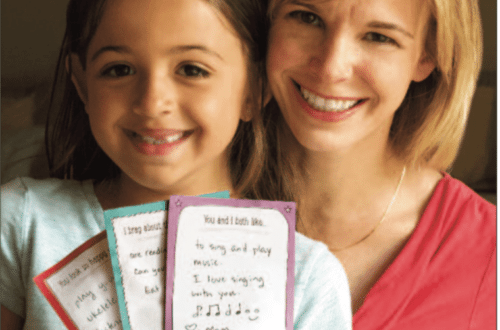
National Breastfeeding Month
Birth Matters August 2018
By Laura Maxson LM

Every August, the world turns its attention to protecting and promoting breastfeeding. Breastfeeding is the great equalizer. Every child, rich or poor, has access to essentially free, nutritious food that comes with unmatched immunity builders and specialized nutrients. In this modern age, the perfection and synergy of breastfeeding for mother and baby remain vital.
Globally, the World Alliance for Breastfeeding Action (WABA) spearheads World Breastfeeding Week, August 1 – 7, each year. This worldwide network of individuals and organizations is concerned with the protection, promotion and support of breastfeeding worldwide. No matter if countries are large or small, impoverished or wealthy, all benefit from the promotion of breastfeeding and the implementation of marketing guidelines for infant formula companies.
WABA’s theme this year is BREASTFEEDING: Foundation of Life, with the following objectives worldwide:
INFORM – people about the links between good nutrition, food security, poverty reduction and breastfeeding.
ANCHOR – breastfeeding as the foundation of life.
ENGAGE – with individuals and organizations for greater impact.
GALVANISE- action to advance breastfeeding as a part of good nutrition, food security and poverty reduction
Locally, the Santa Cruz County Breastfeeding Coalition is joining WIC/Community Bridges in their 12th annual Breastfeeding Walk and Health Fair on Friday, August 10th as part of National Breastfeeding Month celebrations. Watsonville’s Plaza Park will be filled with informational booths from a variety of community health service providers starting at 3pm. Packed with free activities including face painting, healthy snacks, free t-shirts, raffles prizes, a live DJ and more, the day promises to be filled with fun and information for the whole family. At 5pm join health professionals and families in a short, but lively walk though the downtown celebrating breastfeeding.
Santa Cruz County has worked hard to achieve the highest breastfeeding initiation rates in all of California. The American Academy of Pediatrics and the World Health Organization both agree that best practice is for babies to be breastfed for a minimum of one year, with no other foods for about the first six months. While breastfeeding for one year is the minimum recommendation, many babies nurse well into the second year and beyond as they continue to receive important benefits, nutrients and immunities.
Despite these recommendations, families who are exclusively breastfeeding at five months or still nursing at the one-year mark are in the minority. Developing a thriving breastfeeding relationship can depend on many factors and families can face many barriers, from physical issues in the baby or the mother to a simple lack of support. Social media can be a goldmine of support for breastfeeding families; however, there are also campaigns disguised as helpful pages and posts whose intent is to undermine a parent’s confidence in breastfeeding.
As underhanded and unlikely as this may seem, corporations who profit from selling breast milk substitutes are notorious for sales strategies that ignore marketing limits. The global marketing rules for formula manufacturers is called the WHO-CODE. “The primary purpose of the “WHO-CODE” is to protect mothers and babies from the highly effective, aggressive and predatory marketing of substitutes for breastfeeding (i.e. infant formula, bottles, artificial nipples) at the most vulnerable period of their lives, the birth of a new baby.” -Bettina Forbes, CLC.
Not only does the U.S. not enforce the WHO-CODE, this year our country went beyond lobbying to put political pressure on smaller countries to drop introducing initiatives promoting breastfeeding in the World Health Assembly meeting in May. Favoring profit over compliance with these guidelines leaves companies on an honor system that has never worked. Violations in advertising and marketing go unchecked on a daily basis in the United States. Social media has complicated the issue with companies offering breastfeeding or infant nutrition support pages, posts and emails whose hidden agenda is to make breastfeeding seem complicated, dangerous or undesirable.
Doctors’ offices used to sell patient names and address to the formula companies. Nowadays, it’s a parent’s online shopping habits that cues the mysterious “free” box of infant formula that arrives on the doorstep the month the a baby is due. These free gifts cost families and communities dearly when it comes to undermining breastfeeding.
Now that Santa Cruz County’s local hospitals are all Baby-Friendly, there are no longer free diaper bags filled formula samples. Doctors, midwives and nurses actively promote and support breastfeeding, arguably, some better than others, but the tide has definitely turned from the old days when breastfeeding was actively discouraged. Which is a great reason to come join the fun and celebrations around breastfeeding this August.


You May Also Like

Let Your Children Know You Love Them Every Day at Lunch
July 30, 2018
Many Iconic Rides Built by Former Local Company: Always Amused 2018
July 30, 2018

